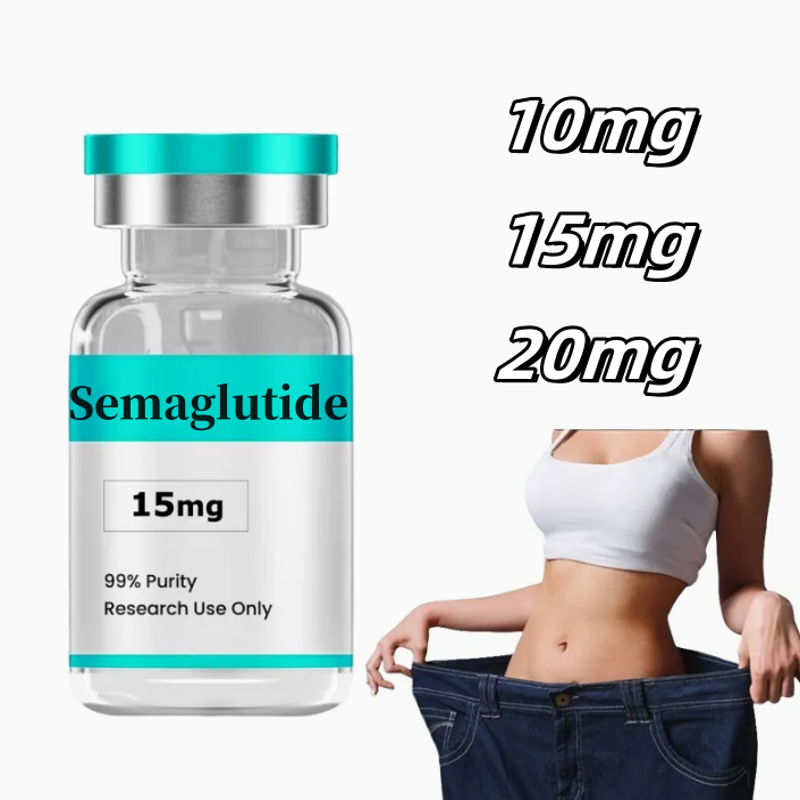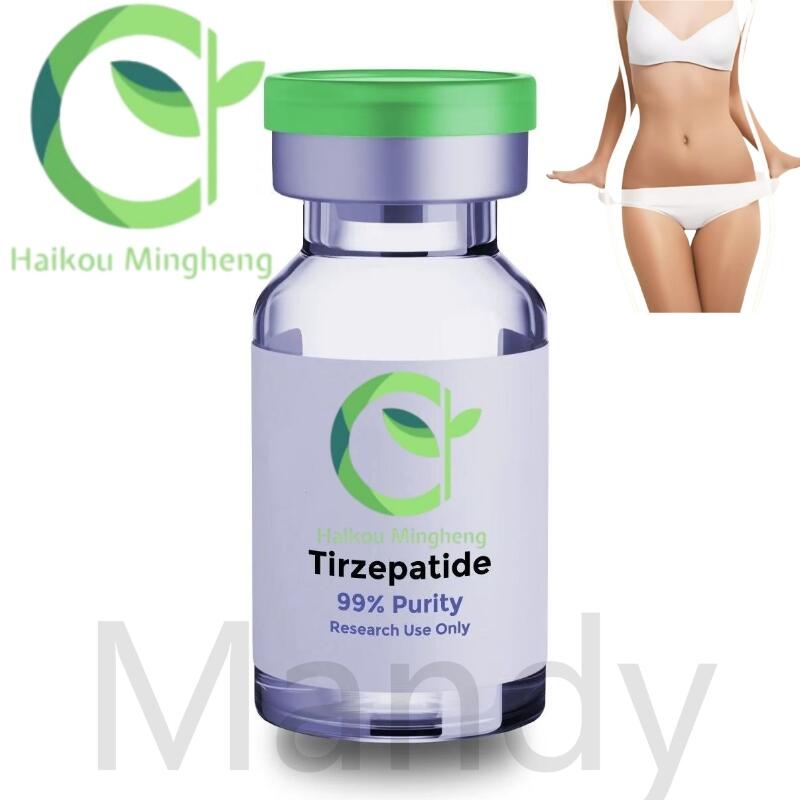"Hypolipidemia" gene mutation to protect the heart was found
-
Last Update: 2014-11-13
-
Source: Internet
-
Author: User
Search more information of high quality chemicals, good prices and reliable suppliers, visit
www.echemi.com
A rare gene mutation can lower cholesterol levels as well as reduce the risk of cardiovascular disease in gene carriers by 50%, according to a new study recently released by the University of Washington School of medicine, MIT Harvard bode Institute and other research institutions The findings were recently published in the New England Journal of medicine The gene, NPC1L1, expresses a membrane protein involved in cholesterol absorption and transport, which is also the target of ezetimibe Most genes in the human body have two sets - one from the father and the other from the mother In this study, the researchers found that people with one inactivated NPC1L1 gene (another allele remains active) were protected from elevated LDL cholesterol (so-called "bad" cholesterol) levels and had a lower risk of coronary heart disease than others "This study demonstrates that genetics can guide us to new ways of looking for therapies at the genetic level," said Nathan o stitziel of the University of Washington School of medicine, the study's lead author When a person's copy of a gene doesn't work, the effect is like taking a drug that suppresses the gene product and taking it for life " The researchers found out the samples of NPC1L1 gene which was completely inactivated due to natural mutation from large clinical experiment data They analyzed several existing studies and pooled data from about 113000 subjects In these data, they found only 82 eligible subjects (i.e carrying an inactivated NPC1L1 gene) In addition, they did not find two subjects with both NPC1L1 genes inactivated According to the researchers' estimates, only about one out of 650 people has this single gene inactivation The researchers found that LDL cholesterol levels in people with one gene were reduced by an average of 12 mg / dl (about 0.31 mmol / L) compared to those with no gene inactivation About 10% of the decrease was similar to that of the regular people who took the lipid-lowering drug ezemeb In addition to lowering cholesterol levels, the 82 people with a single NPC1L1 gene inactivation also had nearly half the risk of coronary heart disease compared to others Individuals with this rare mutation are no different from others in terms of blood pressure, body mass index and incidence rate of diabetes "This' protective mutation 'associated with cardiovascular disease is invaluable to deepen our understanding of human biology," said Sekar kathiresan, the study author and director of the center for cardiovascular disease prevention at Massachusetts General Hospital They can help us find the underlying causes of the disease, and they can also guide us to find important drug action sites " Different from statins, which inhibit cholesterol synthesis, the mechanism of ezeimibo is to prevent the action of NPC1L1 protein, so as to achieve the purpose of inhibiting cholesterol absorption This mechanism may be exactly similar to the effect of single NPC1L1 gene inactivation At present, the effect of ezeimibo on reducing blood lipid has been widely known, but whether it can reduce the risk of cardiovascular disease is still controversial "From this study, we cannot directly draw conclusions about the protective effect of ezeb." However, this discovery has increased our confidence that targeting this gene can help people reduce their cardiovascular risk However, it is not clear whether the cataplasm is the best choice for NPC1L1 " Stetzer and his colleagues say the question will be answered in another clinical study (promote-it) later this month.
This article is an English version of an article which is originally in the Chinese language on echemi.com and is provided for information purposes only.
This website makes no representation or warranty of any kind, either expressed or implied, as to the accuracy, completeness ownership or reliability of
the article or any translations thereof. If you have any concerns or complaints relating to the article, please send an email, providing a detailed
description of the concern or complaint, to
service@echemi.com. A staff member will contact you within 5 working days. Once verified, infringing content
will be removed immediately.







